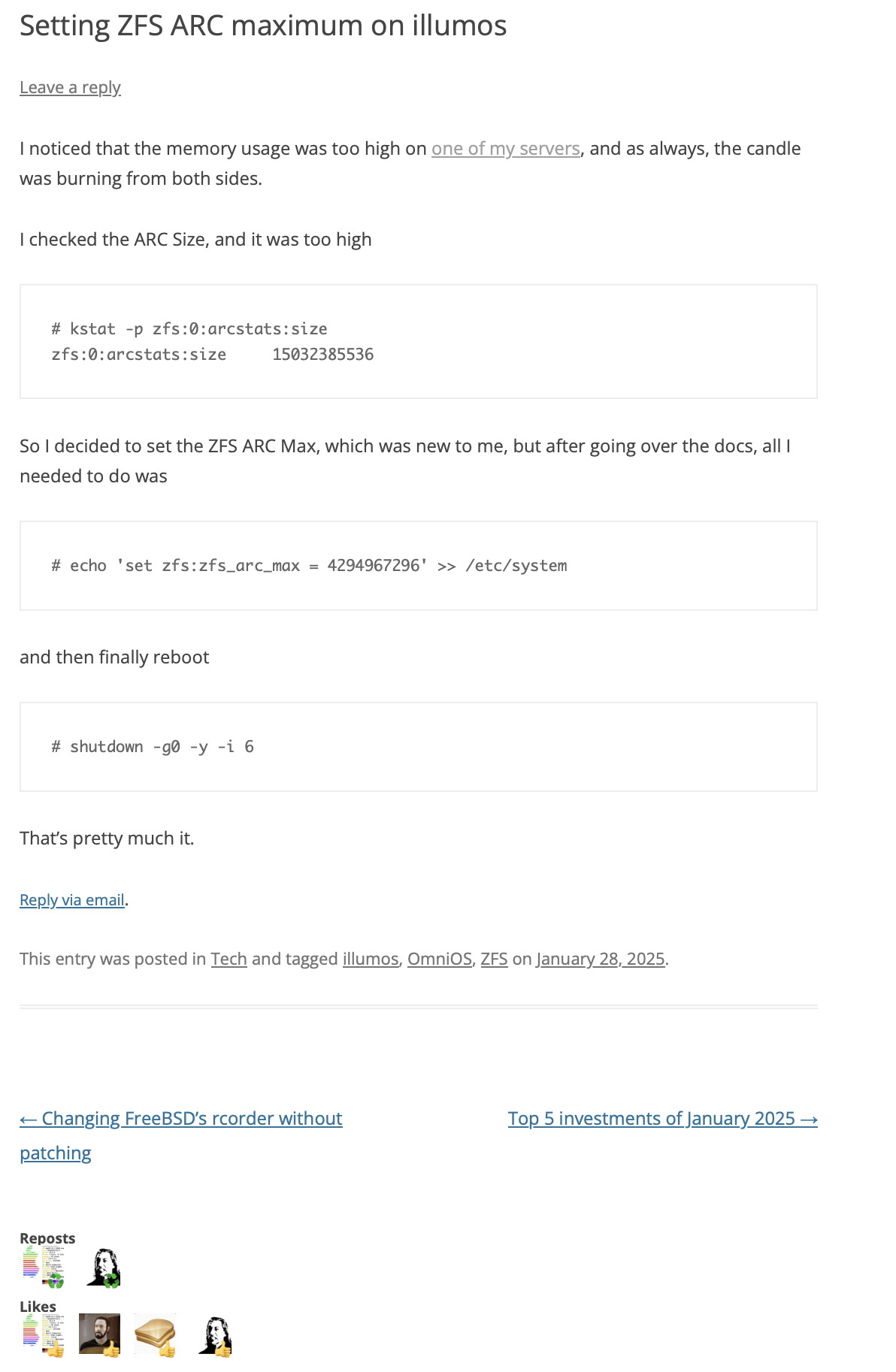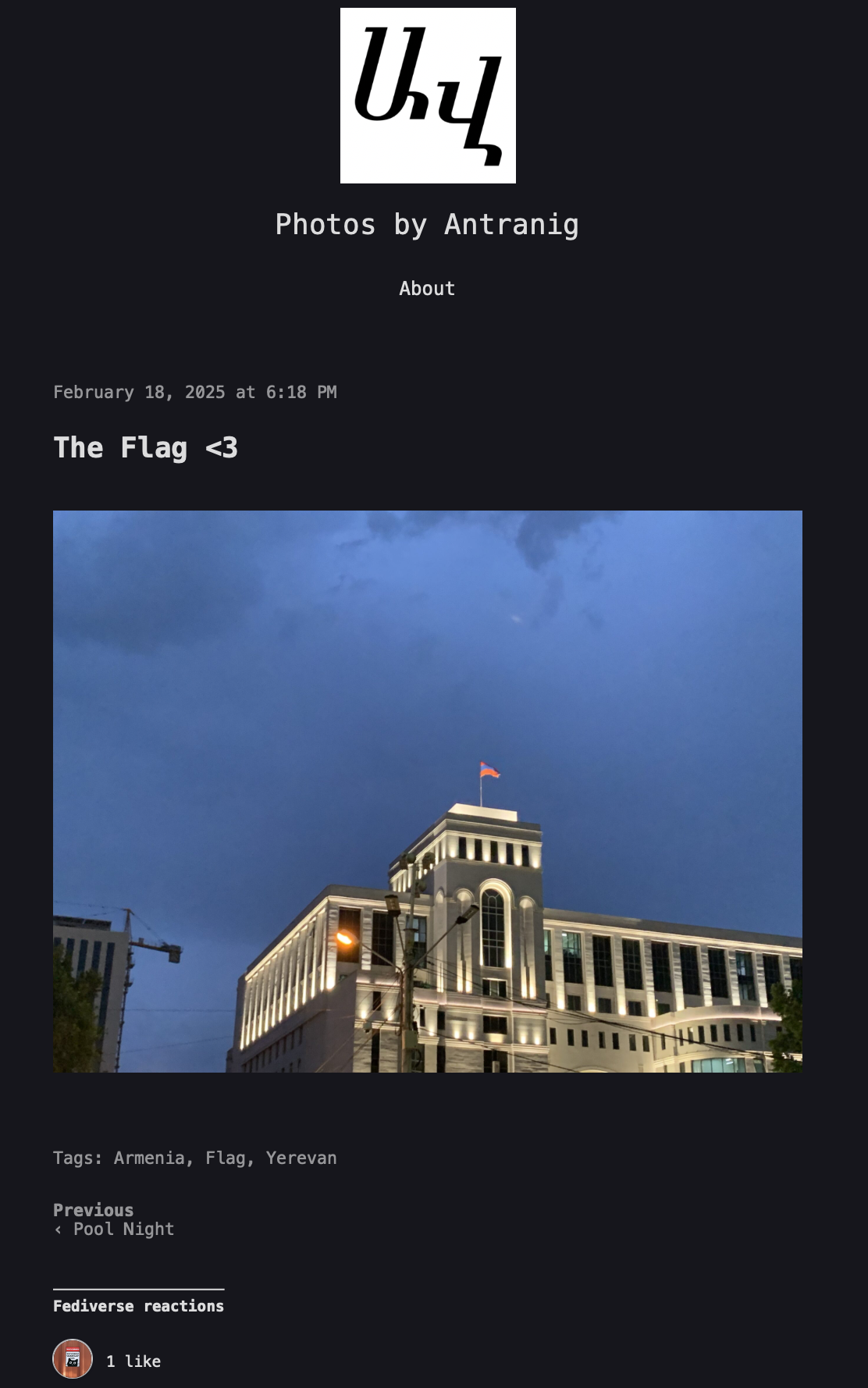Couple of days ago my fiancée was watching an Armenian internet show named “Tany Layva” which roughly translates to “Live at home” that aired during COVID-19. The interesting part for me was not the show itself (frankly speaking I could not care less about Armenia’s pop culture) but the intro music triggered something in me… You can listen to it here.
Oh my god! It’s the theme song of Mortal Kombat! I think it was in the 1995 movie too, which is probably the first time I heard it.
However the trigger was not the song itself, but something that the song represents for me.
You see, until that moment I thought that the earliest hack that I remember was the PlayStation Swap Trick, which my father showed me in the year 2002. Growing up we did not have a lot of money, so we waited for the release of the PlayStation 2 in Syria, allowing us to buy the Original PlayStation at a discounted price. But games were expensive, and they are getting more expensive (that’s a topic for another day), however, the Syrian gaming community was very active in making bootleg/imported game CDs, selling them at a cheaper price. So how do you play these games?
Well, you insert an original disc (in my case, I kept using the Crash Team Racing disc), you wait for the PlayStation logo to appear, and you swap the disc with the one that you want to play.
This was my earliest memory of a “hack”, where you “bypass” a system check.
But why Mortal Kombat? Why was that important for my brain? Well, it reminded me of an event.
It was probably the year 2000 or 2001, we were at a family party. A wedding party maybe, an engagement party, or just a party overall? Not sure, but I remember two things: It was near a swimming pool and I was bored as hell.
Our family friends had a daughter, Natalie, she was roughly my age, and both of us were not just bored during that event, we were actively looking for something to do. Literally anything.
We were at the “Al Galaa Family Club Swimming Pool and Restaurant”, a place that still exists today. It was a pretty large area with multiple floors and a swimming pool, where people were dancing next to it.
At the basement we found our salvation. An Arcade. Multiple games. Oh my god, there’s even a multiplayer game.
We run to our dads, and we ask them to boot the multiplayer game. My father and Uncle Vartan connect the arcade to the socket, the game boots up. A very violent game. But we’re not Americanized are we? we don’t care about game age ratings, we care about having fun! We start playing the game. Very, very addictive. I play against my dad, my dad and uncle Vartan play against each other, and at the final round, I play against Natalie. It was indeed a Mortal Kombat.
You see, when Syrians party, they tend to stay up late, by late I mean until 6 in the morning. And just when I thought that this arcade is exactly what I need for the next 7 hours, the game asks for a coin.
I mean, sure, 10 Syrian Liras were not much back then, but for 7 hours? That would be very expensive.
And then my dad asked the question that would rewire my brain forever… “why didn’t it ask for money the first time?”
Ah yes. The free trial 🙂 First game was free, next game is not.
It’s the middle of the night, everyone’s at the pool, they are dancing and drinking, no one is watching us. What could possibly go wrong?
My dad disconnects and reconnects the game’s electricity socket, the boot menu shows up again and says “Press Start To Play”… FREE GAMES ALL NIGHT!
And just like that, we spend the next 6-7 hours, until the dawn of light, playing arcade games, from Mortal Kombat, Sonic The Hedgehog, to some random racing games that I don’t even remember their names.
And yes, Natalie did have fun as well!
I told my mom and dad this story couple of days ago, they remembered the event, but their reaction was “how can you possibly remember this? You were not even 6 years old”. Well, what can I say, how can someone forget their first hack? I mean, sure, I did, but I remembered it too, right?
I’d like to think that, where-ever Natalie is, she’s also doing hacks every once in a while, and I’d like to believe that, while I am mostly spending my days crafting emails to customers, writing code to solve problems, documenting my experience, I will, until the end of my life, be hacking on computers and teaching my children how to do hacks.
Unlocking a memory from a game music that was re-implemented by an Armenian TV show was not on my bingo card, but I’m happy that it happened.
Keep hacking y’all.
That’s all folks…

